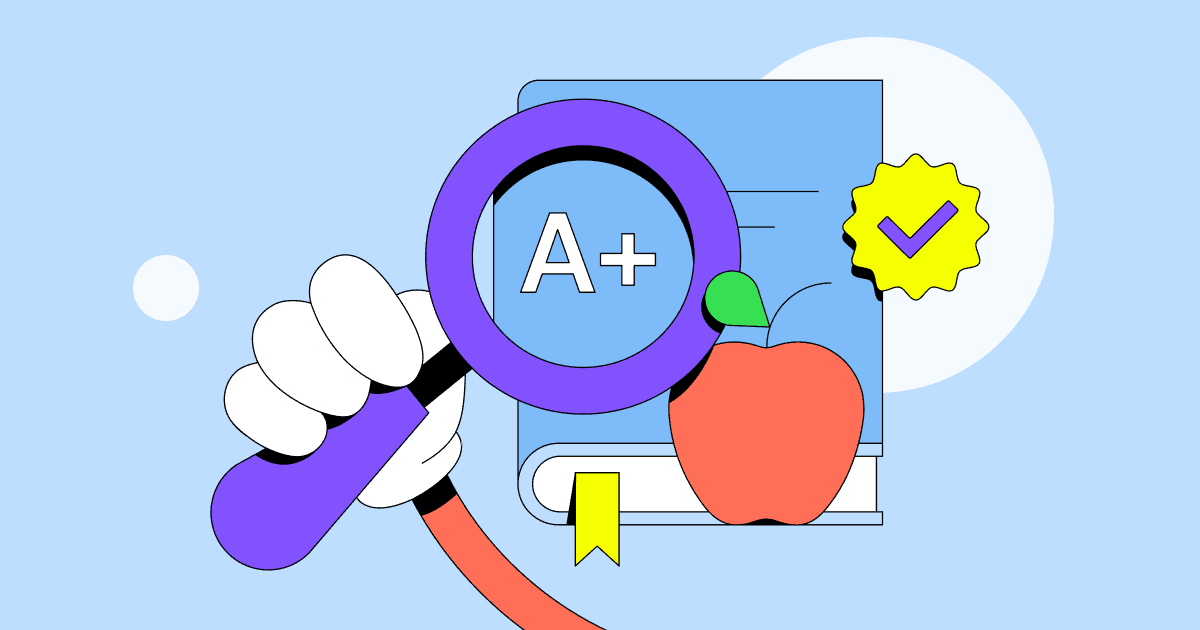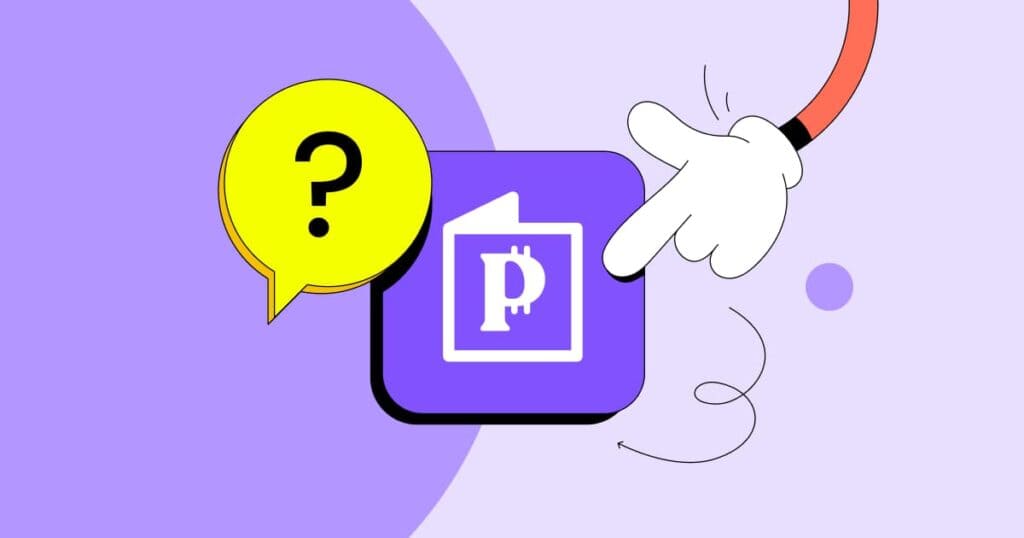Finals are a mystery to you. How does one scan through all those questions? It sometimes feels more like the questions are scanning through you, revealing all the gaps in your knowledge with 100% accuracy. And then you hunch your way back home, wondering how to study for a test.
Is there hope for this student looking for a wise solution online and offline? But of course, there is! In fact, there are ten super strong hopes and an extra one for the big day. They’re all in the form of tips that will transform you into the study guru you want to tutor you.
1. Study Regularly and In Sessions
Absorbing new information can be challenging, especially if you have a few hours for that. If it were that simple, college would’ve lasted a month max! But c’est le brain, and it has its own memory capacity, which you must work with if you want to succeed academically.
So, to live in harmony with the precious gyri and sulci under your skull, study continually and in sessions. For example, organize your time so that you hang out with your textbooks Monday to Friday and have the weekends off. Organize your time around your biggest priority, and you’ll notice the difference in school.
2. Create a Studying Routine That Lasts
You might not be into pulling all-nighters, but do you have a study schedule to follow? Defining the elements of your learning routine will help you stick to your goals even when they seem unattainable and pave a thornless path to acing your exams.
The timing that works for early birds doesn’t for night owls, meaning you’re looking for a custom routine that allows for Pomodoro-style breaks and enough leisure time. Of course, you’ll need to start living healthier because that makes the neurons jiggle jiggle. So, eat more fruits and veggies, have plenty of water, exercise, and sleep better! Allow the healthier you to be for a few weeks, and the habit will make the difference.
3. Reread Your Materials Mindfully
Going through the books and notes, line after line, and gliding through the text without thinking much about it is not your best shot. You must put some effort into remembering the materials! Sure, understanding their content is crucial, but simply reading through the paragraphs superficially doesn’t help the retention of information.
Instead of flipping pages, experiment with active learning and ask questions. Or, create a study guide with suitable note-taking methods and use it as a general roadmap for the exam topics. And that’s how to study for a test — being interested in what you’re learning is the first step.
4. Toggle Between Concepts
What if there were only two study techniques in the world, and neither worked for you? What if there was one color, plant, or star? Wouldn’t that have been somewhat dull for your thinking apparatus? Well, that’s what it grapples with when exposed to the same philosophical or scientific problem for too long.
Your concentration decreases when you focus on one single concept from dusk until dawn. The unknown might be uncomfortable, but swimming in the known at each textbook dusting tires you because of the absence of novelty. Therefore, when preparing for an exam, make your learning sessions fun by switching between topics and looking for the relationships between them.
5. Develop a Deep Understanding of Your Materials
If there was someone who knew how to squeeze the juice out of concepts, it was Socrates. Now, it’s true that the dude did trip on his own method of elaboration when he said, “I know that I know nothing.” However, one must be outstandingly wise and go a long way in comprehending the complexity of life to come to such a conclusion!
So, understand your materials! Ask the whys and the whats, and then look into their causes. The deeper you go and the more you explain the material to yourself and others, the more moldable and digestible a topic becomes for your mighty mind, and even your memory increases.
6. Test Your Knowledge
Before you get tested behind the school desk, check your knowledge! It could be that feeling prepared for a final is closer to a feeling than a fact. So, start quizzing yourself with a deck of flashcards with written questions and answers!
However, it would be best to pose complex questions that inspire challenging answers. Most teachers want to see how much you understand a specific subject, so memorizing only the definitions of ideas won’t grant you a higher grade. That said, it’ll be nice to find or start a learning group and study with these folks — they might know something you don’t, which is excellent for closing the gaps in your knowledge!
7. Correct Your Wrong Answers
Learning is a process of trial and error, and no one escapes the error part, even if they know how to study for a test. Sometimes, when a textbook’s cover lifts, mitochondria can become ribosomes, ducks are quacks, and The Firm stars Tom Goose. But these slips are only a problem if they slip by.
Honor your mistakes by not repeating them! And to do the latter, you must identify the information that’s giving you a hard time and which of your answers are wrong. Then comes teaching yourself the right ones and getting peer or tutor help with challenging concepts.
8. Practice
If your knowledge is bubbling big and you’re eager to share it with your professor, that exam is already aced! If not, quiz yourself some more! Reread what you didn’t quite get, and keep going until you’ve mastered those tricky points. Breaks are okay, though.
You can even create a solid practice test to boost your test preparation. Or, if that doesn’t float your boat, go through your old exams and analyze their format. This could give you a gist of the outline of upcoming finals and help you hone your responses, especially if you time yourself while answering old test questions.
9. Tie the Different Concepts With Something Concrete
Trotting through Abstract Concepts Valley can feel like going around in circles. It gives you the urge to stumble upon something concrete and see a speck of real hope that your intellect lives up to the ambiguity of a specific idea. And sometimes, even socks can boost your faith in yourself.
Let’s say it’s your first time learning that elastane is a synthetic, elastic fabric. In this case, it might be challenging to understand the nature of this textile by simply reading about it. But things get easier if you think of your favorite socks. These fantastic feet warmers you have on stretch quite a bit, and their smell can be of synthetic origin only — it’s not your fault!
10. Use Images, Diagrams, and Flow Charts
When figuring out how to study for a test, students sometimes need to remember the power of visualizing the different details of lectures and learning materials. Does a Tibetian fox have more of the looks of a wolf or a fox? What constitutes the anatomy of the human ear, and where do all the different elements sit? Puzzles, puzzles.
Pictures, tables, and everything the eye can land on help you understand things better. It’s incredible how much valuable info little photos, doodles, rows, and columns can provide! So, always analyze the snaps between paragraphs, and, if necessary, freehand something yourself!
11. Bonus: Ace the Day of the Exam
E-days are important, so you might experience some exam anxiety when it’s time for your test. However, if you go about it cleverly, your chances of getting a good grade will increase. Remember how we talked about a study routine earlier? Well, it must extend into the day of your finals, too!
Get enough sleep on the night before. Once you wake up, have some water and spoon your hunger away with a nutritious dish. Also, plan the route to your college while accounting for traffic, the forms you must fill out right before the exam, etc. Being mentally, physically, and logistically ready for it can boost your performance confidence.
An A+ Balance With the Pawns App
It will be fine. You can learn how to study for a test and ace it. Start with one or two of our tips, see if they work, and take it from there. If your friends have other good strategies to share, give those a chance, too. And never stop asking questions!
If something is unclear, raise your hand in class. You might need MANY answers, and that’s perfectly okay; you’re in college — the place where your confusion should evaporate with the help of professors! So, consult with them, even about topics you think you should understand without assistance. Ask now because, if you don’t, you’ll probably wish you’d asked more in 10 years.
And now, here’s a financial tip that could earn you side cash: check out Pawns.app! Answer surveys, share your unused internet, refer a friend, or go on a quest — passive income is not hard to generate! So, if you need the extra dollar, there are some concrete earning opportunities you can turn to. Happy studying!


















